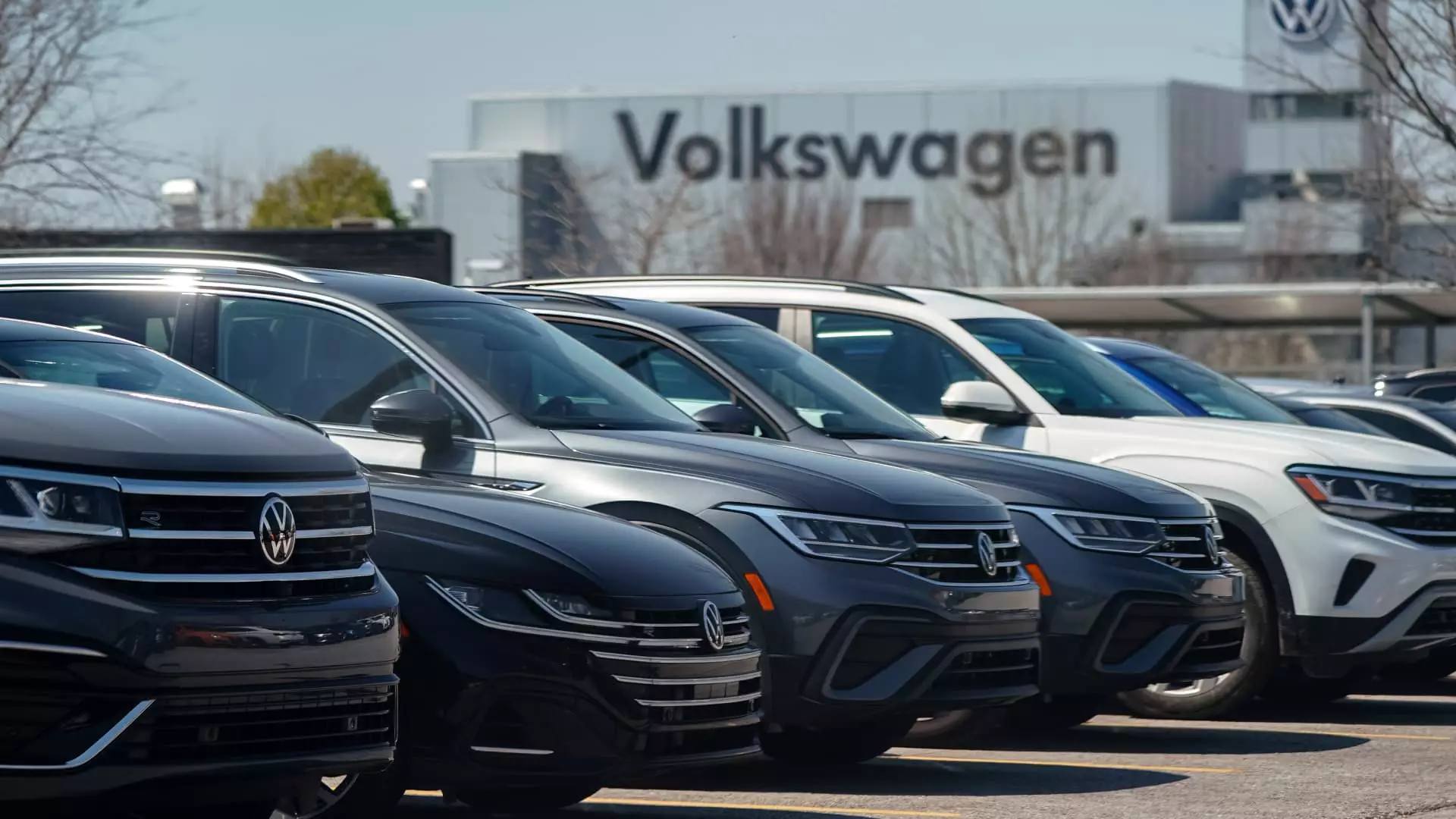The recent victory of United Auto Workers (UAW) at the Volkswagen plant in Chattanooga, Tennessee is a significant milestone for the labor movement. The UAW secured a decisive win with 73% of the vote in favor of unionizing, marking the first successful attempt at organizing a foreign-owned automaker in the South. The implications of this victory extend far beyond Volkswagen and could potentially reshape the landscape of the automotive industry in the United States.
The UAW’s success at Volkswagen is part of a broader strategy to expand its reach and influence in the automotive sector. Following major contract agreements with General Motors, Ford, and Stellantis, the union has set its sights on organizing 13 non-union automakers in the US, including BMW, Honda, Toyota, and Tesla. The union’s goal is to bring nearly 150,000 autoworkers under its umbrella, leveraging its recent wins to inspire further organizing efforts across the industry.
One of the immediate impacts of the UAW’s organizing efforts at Volkswagen is the potential increase in labor costs. By using the record contracts negotiated with Detroit automakers as leverage, the union was able to garner support from workers in Chattanooga. This could lead to significant pay raises and benefits for VW employees, which may impact the overall profitability of the company’s US operations. Additionally, the organizing drive at Volkswagen could have spillover effects on other automakers, particularly those with higher labor costs like GM, Ford, and Stellantis.
While the UAW’s victory at Volkswagen poses challenges for automakers in terms of rising labor costs, it also presents opportunities to level the playing field in terms of wages and benefits. The disparity in labor costs between unionized and non-unionized automakers has been a long-standing issue in the industry. The success of the UAW at Volkswagen could set a precedent for future negotiations and lead to more equitable compensation packages for autoworkers across the board.
The implications of the Volkswagen vote go beyond immediate labor concerns and could have far-reaching consequences for the future of unionization in the automotive industry. The UAW’s strategic organizing efforts and success at Volkswagen demonstrate the union’s resurgence and ability to mobilize workers in non-traditional union strongholds. As the union continues to push for representation at other automakers, the landscape of labor relations in the US automotive sector is likely to undergo significant changes.
The United Auto Workers’ victory at the Volkswagen Chattanooga plant represents a major breakthrough for organized labor in the South. The vote not only highlights the growing influence of the UAW but also raises important questions about the future of labor relations and wage negotiations in the automotive industry. While challenges remain, the successful organizing drive at Volkswagen sets a positive precedent for the union’s efforts at other automakers and underscores the potential for collective action to drive meaningful change in the workplace.

Leave a Reply